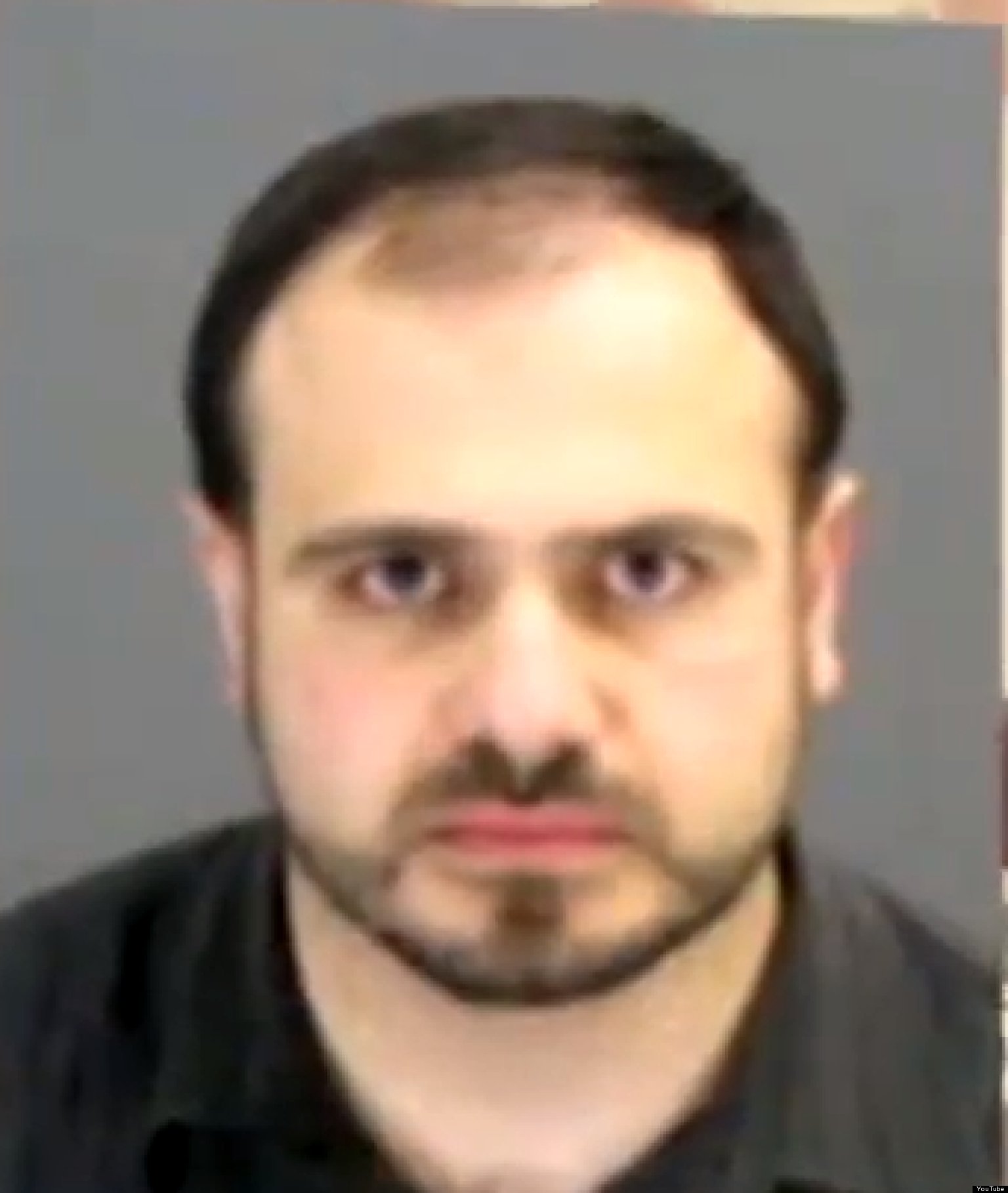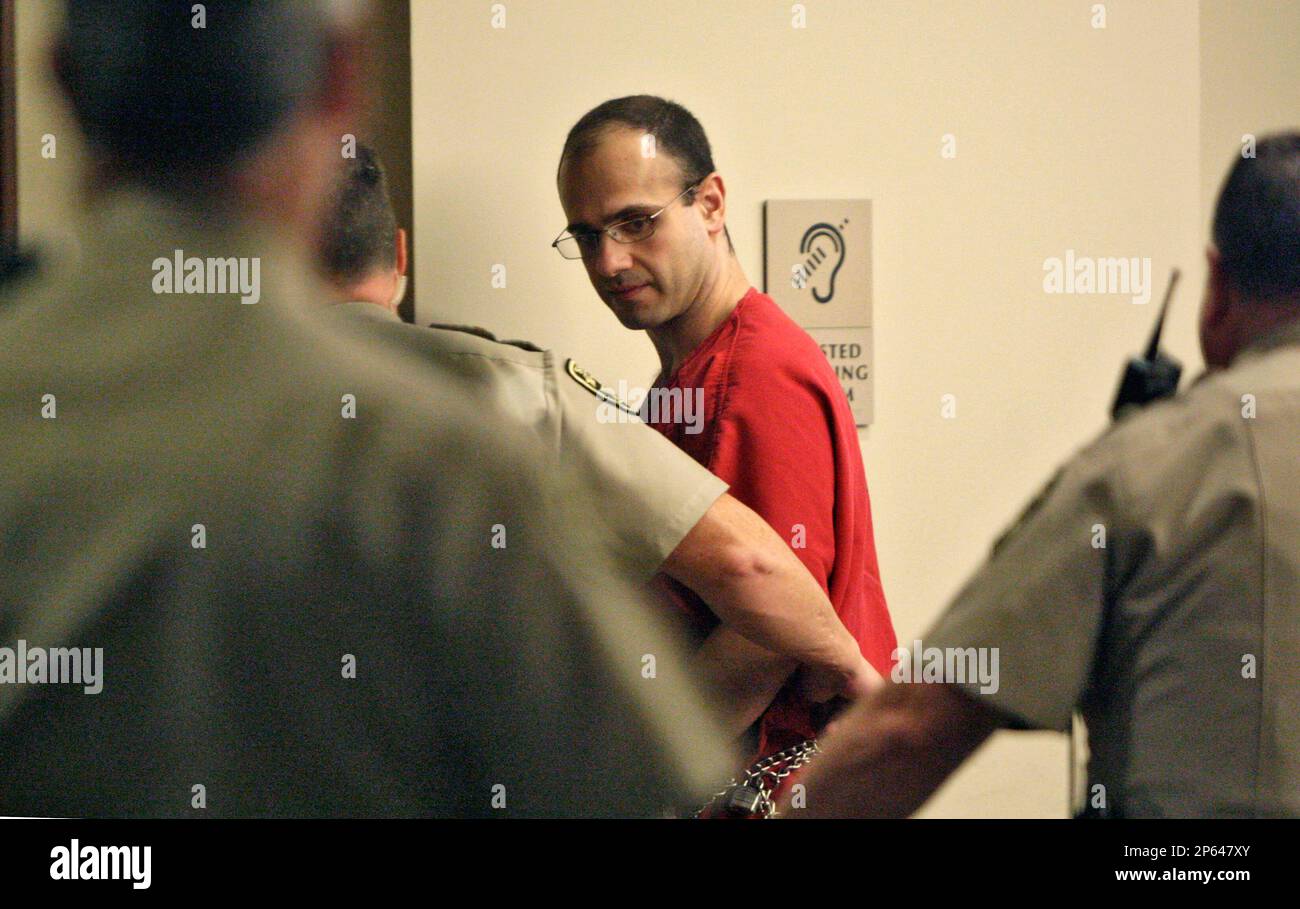Where is Waseem Daker now, and what led to his current circumstances? The life of Waseem Daker, a name synonymous with legal battles and a tragic past, remains a complex narrative woven through the corridors of justice and the intricacies of human relationships.
The legal saga of Waseem Daker is far from over. Recent court documents and filings continue to shed light on his ongoing involvement in the legal system. Court opinions released on June 18, 2024, and April 25, 2024, provide glimpses into the most recent developments surrounding Daker's case. These filings, which include jurisdictional questions and notifications regarding transcript orders, underscore the continuous legal challenges and appeals that define his story. Dakers case has been ongoing since the 1990's, with the recent court documents. These documents signal a persistent quest for legal remedies and the relentless pursuit of justice.
| Full Name: | Waseem Daker |
| Current Status: | Georgia Inmate; Serial Litigant |
| Date of Conviction: | 2012 (Murder of Karmen Smith) |
| Location of Trial: | Marietta, Georgia |
| Legal Actions: | Pro Se Lawsuits under 42 U.S.C. 1983 and RLUIPA; Multiple Appeals |
| Crimes: | Malice Murder, Felony Murder, Aggravated Assault, Aggravated Stalking, Burglary |
| Key Figures: | Loretta Spencer Blatz, Karmen Smith |
| Reference Link: | Example Link (Replace with an authentic source) |
The legal battles surrounding Waseem Daker began with his conviction in 2012 in Marietta, Georgia. A jury found him guilty on all counts related to the 1995 murder of Karmen Smith. The evidence, which included DNA analysis, led to charges of malice murder, felony murder, aggravated assault, aggravated stalking, and burglary, as reported by the Marietta Daily Journal. Dakers legal challenges have been marked by a persistent pursuit of legal remedies, as evidenced by his numerous appeals. Court documents show Daker's involvement in multiple lawsuits, including those brought under 42 U.S.C. 1983 and the Religious Land Use and Institutionalized Persons Act (RLUIPA). These lawsuits often targeted policies of the detention center where he was incarcerated.
Adding a layer of complexity, Loretta Spencer Blatz, a key figure in the stalking and murder cases, filed affidavits in Cobb County, Georgia, admitting that much of her testimony was untrue. This revelation casts a shadow over the case and raises questions about the reliability of the evidence presented during the trial. Blatz met Daker on a paintball team, and according to her statements, he developed an obsession with her. The recantation of testimony in such a high-profile case has significant implications, potentially impacting the validity of the original conviction.
The legal actions initiated by Daker paint the picture of a man deeply entrenched in the legal system. As a pro se litigant, he has filed numerous lawsuits, many of which address the conditions of his confinement. These legal endeavors have involved both state and federal courts, illustrating the breadth and depth of his efforts to challenge the legal outcomes. The 11th Circuit has been involved in some of his appeals and lawsuits, and there have been specific actions, such as the issuing of a jurisdictional question, as seen in the June 18, 2024, opinion of the court.
The impact of Dakers legal activities extends beyond his individual circumstances. As a serial litigant, his actions have the potential to influence how the legal system handles similar cases. The requirement to file a copy of an injunction order with every lawsuit he files, as required by the permanent injunction, reflects the court's efforts to regulate his litigation activities. The Georgia Supreme Court unanimously upheld Daker's 2012 convictions and sentence. This decision highlights the complexities of the appeals process, where legal arguments are continuously reevaluated. These ongoing legal processes reflect Dakers tenacious determination to seek a new trial in a Cobb courtroom, as has been reported.
Dakers story is not only one of legal battles but also one of personal relationships. Blatz met Daker through a paintball team, and their interactions evolved into a complicated and concerning dynamic, according to Blatz's statements. The involvement of Blatz in Dakers life brings a deeply personal element to the legal proceedings. The recantation of her testimony has changed the narrative and created questions that demand thorough investigation. This dynamic emphasizes the human element that can influence legal cases.
The ongoing legal actions and appeals connected with Waseem Daker continue to develop. These legal proceedings reveal an intricate series of events, beginning with his conviction for murder and continuing through many legal challenges. The recent court opinions and filings underscore the complexity of his situation. The legal system is still determining the ultimate consequences of the case.
The legal status of Daker as a Georgia inmate is a defining feature of his current existence. His continuous legal pursuits have significantly molded his current circumstance. The legal actions undertaken by Daker demonstrate a persistent effort to challenge the outcomes of his initial case. The impact of these legal challenges is significant, not just for Daker but for the legal system. The decisions and judgments continue to shape the legal and human aspects of his story.
The details surrounding Dakers conviction in Marietta, Georgia, are essential to comprehend. The trial's findings of guilt on all charges marked a significant turning point in his life. The evidence, particularly the DNA analysis, played a vital role in the proceedings and the resulting charges. These include murder, felony murder, aggravated assault, stalking, and burglary, highlighting the gravity of the charges against him. The jury's conviction was a crucial event, setting the scene for all subsequent legal efforts.
The legal path of Waseem Daker is an ongoing saga, marked by appeals, lawsuits, and complex relationships. His story offers a complex view of the legal system and the human experiences connected with it. His history underlines the complex relationship between legal proceedings and personal relationships. The legal actions and appeals are still developing, offering insight into the issues of justice, truth, and the law.


